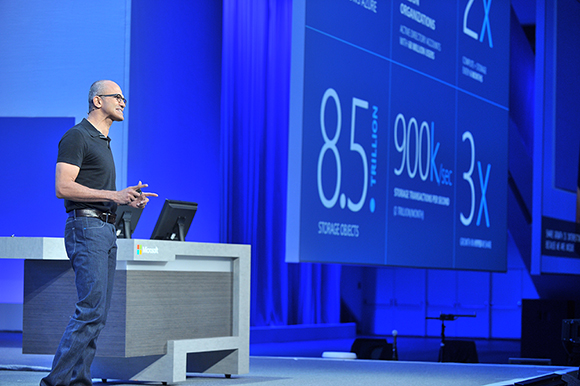Apple are making great gains in the online payment space but the battle with Google Android, PayPal and the banks to control the market is far from over.
One of the biggest business struggles this blog has been watching for the last five years is the battle over payment systems as banks, credit card companies, telcos and technologies vendors have jostled for control of what will probably the world’s most lucrative market by the end of the decade.
Apple were late to that fight with their Pay service only being released a few months ago however according to a report by ITG Investment Apple’s service is already ahead of PayPal in terms of usage among new adopters.
While PayPal have an impressive range of technologies, it’s clear they have found themselves wrong footed by Apple and have new companies like Stripe also challenging their market position.
Apple Pay may be getting the headlines, but at present Google Android still dominates the mobile commerce industry according to another research company Criteo.
In their State of Mobile Commerce report, Criteo claims that globally Android is well ahead in smartphone transactions. An interesting aspect of Criteo’s report is how far behind many nations such as Japan, South Korea and Germany the United States is in the take up of mobile commerce.
Criteo’s report shows the battle to control the e-commerce space is far from over, however if Apple Pay can grab a large chunk of the payments market then the company will have a strong hold on key part of global industry. It remains a high stakes and uncertain battle.




